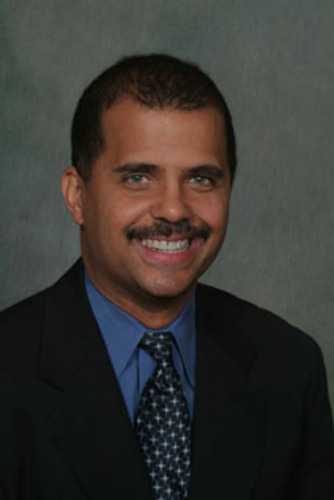Mar 19, 2010
DePaul University Experts Available To Comment on Congressional Health Care Vote
DePaul University Experts Available To Comment on Congressional Health Care Vote
As Congress readies for its historic vote on reforming the nation’s health insurance laws,
William “Marty” Martin, associate professor of management, (630) 715-6270, martym@depaul.edu. He can address the lack of understanding about how insurance works and why universal coverage, mandates, and eliminating restrictions on pre-existing conditions as well as lifetime or annual caps on medical bills are critically needed. He also can discuss how health care organizations should prepare for various reform scenarios ranging from comprehensive federal reform to incremental reform at the state, county and municipal levels. Martin is the former director of human resources for
Grace Budrys, professor of sociology, (773) 325-4433, gbudrys@depaul.edu. She can discuss health care policy reform, health disparity and inequality in health care delivery and health policy. Author of “Our Unsystematic Health Care System” (2005) and “Unequal Health: How Inequality Contributes to Health or Illness” (2nd ed. 2010) which examines the disparity in life expectancy in the
Michael L. Mezey, professor of political science, (773) 325-7318 or mmezey@depaul.edu. Mezey can address the “self-executing” rules of the House of Representatives, which House Speaker Nancy Pelosi has indicated would she would use to move the health care bill through Congress. He is an expert on Congressional and presidential processes and public policy-making and an editorial board member of Legislative Studies Quarterly and the Journal of Politics.
Nanette Elster, director, Health Law Institute, (312) 362-5236 or nelster@depaul.edu. She can address how the legislation impacts women’s health care issues, including issues surrounding government funding of abortion services.
Susan Reed, associate professor, School for New Learning, (312) 362-5082 or sreed@depaul.edu. Reed is an expert on long-term care policy, access to health care for the poor, and the effect of urban segregation on access to health care.

William "Marty" Martin, associate professor of management
